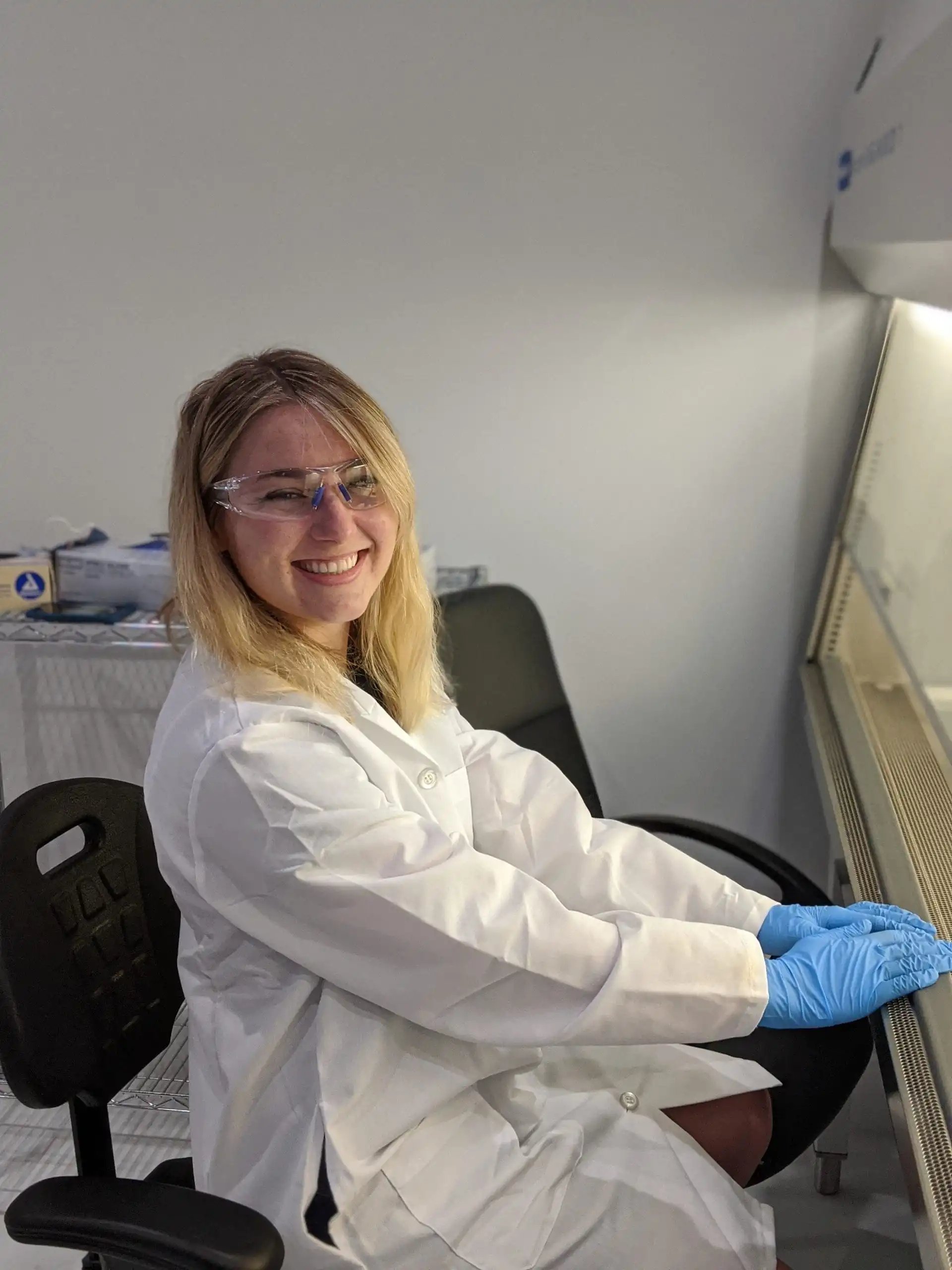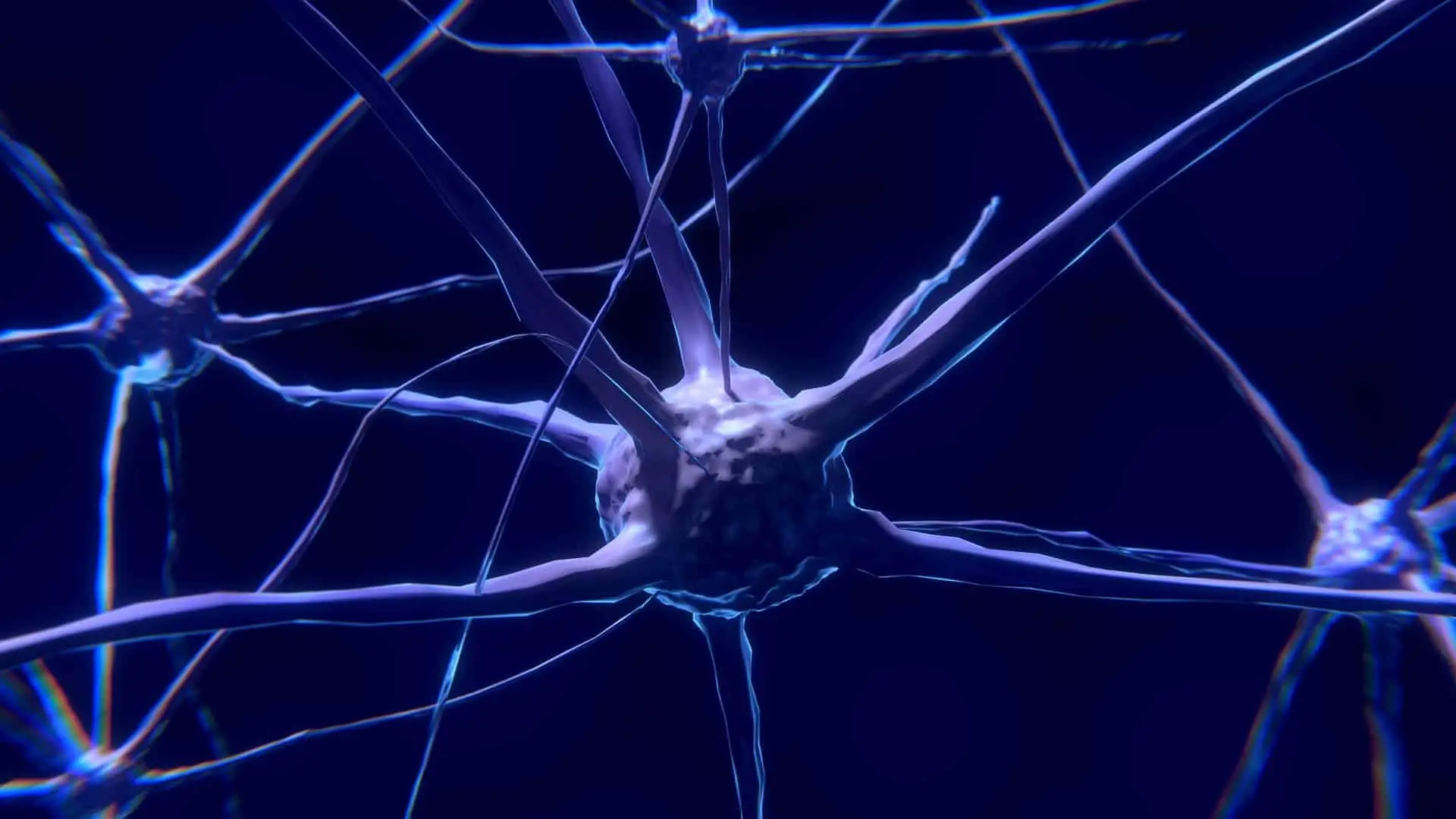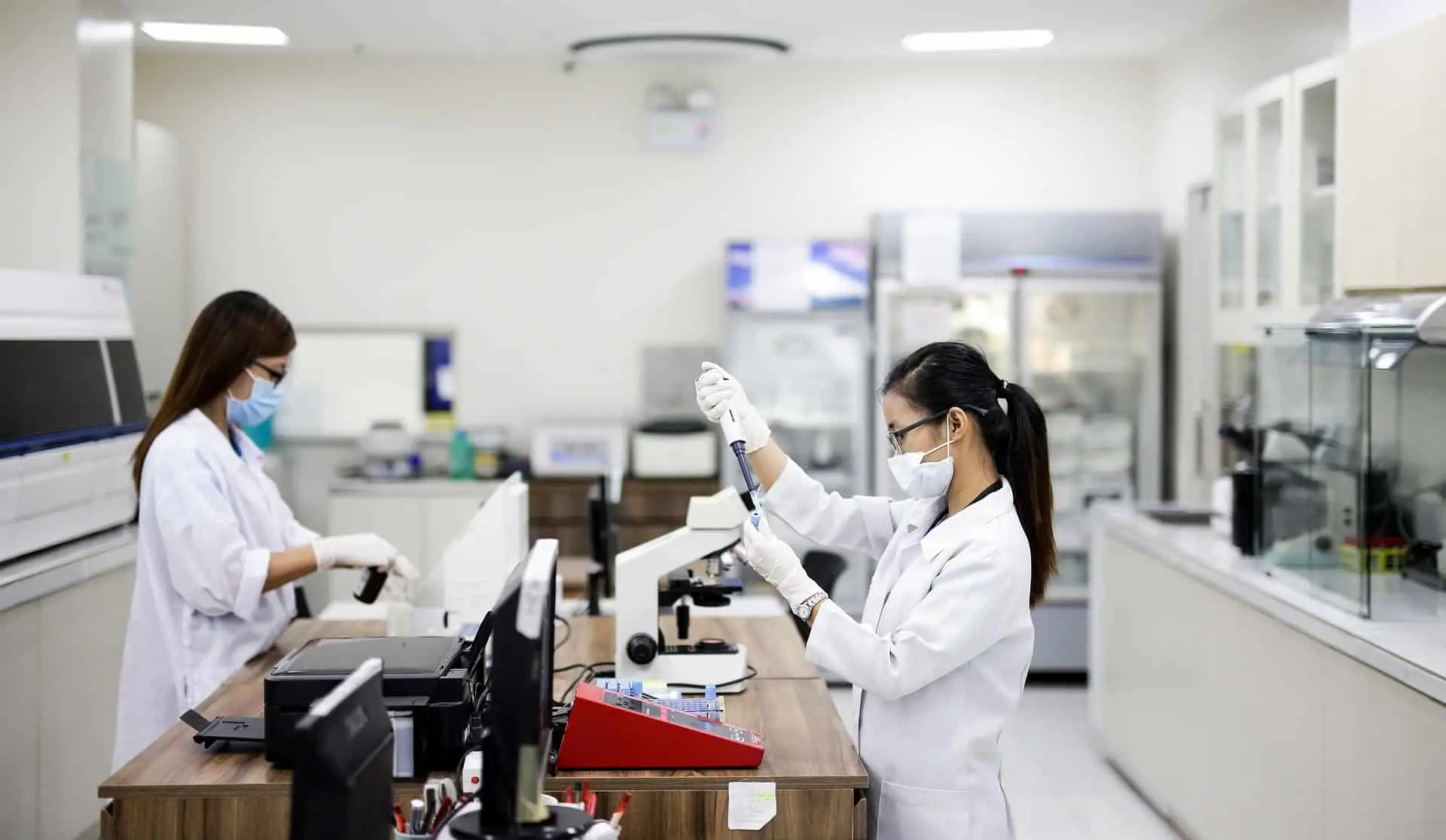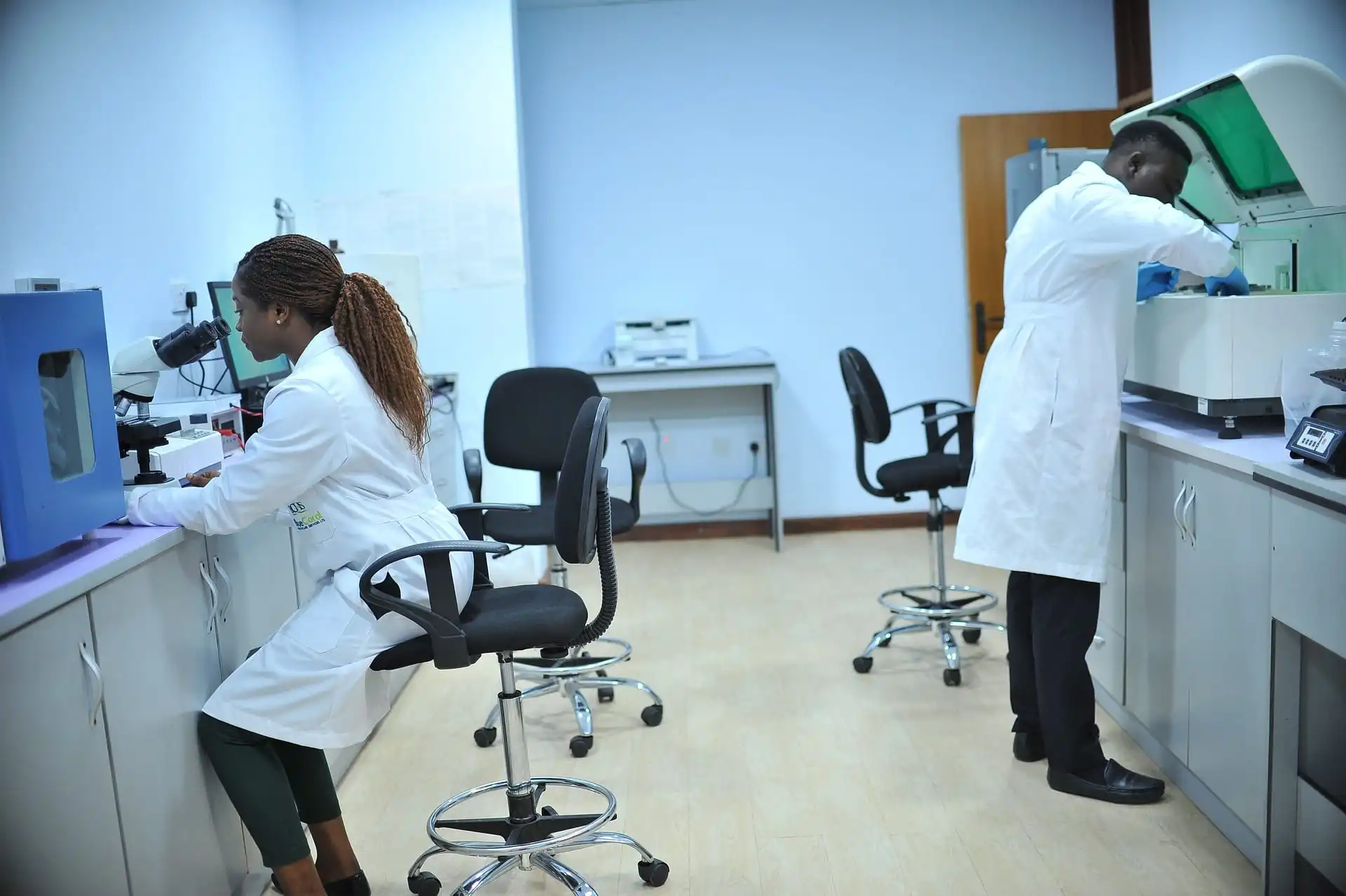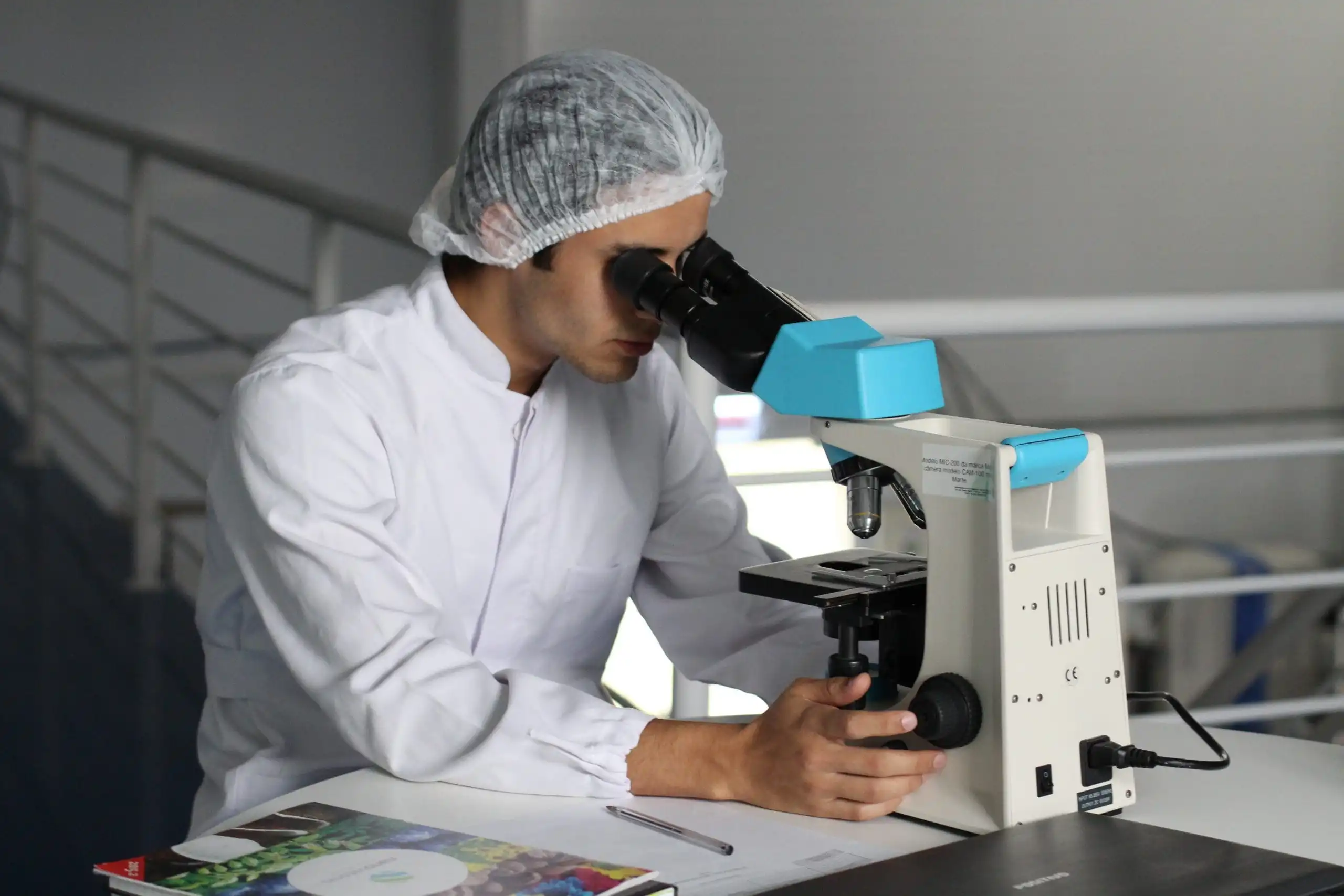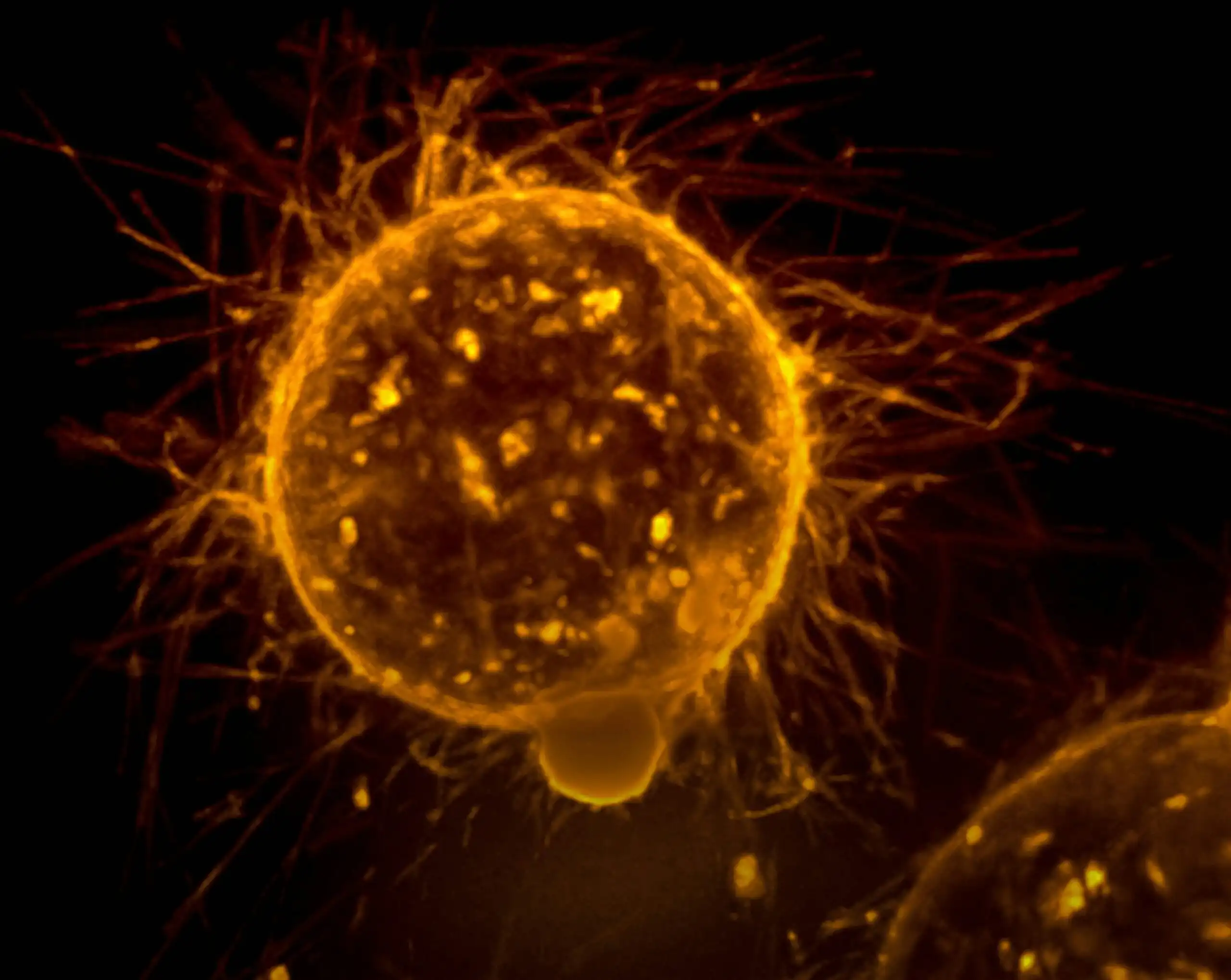
Photo by Markus Spiske
In recent years, biohacking has emerged as an innovative and promising field at the intersection of biology, technology, and self-optimization. Within the realm of pharmacy, biohacking presents exciting opportunities to revolutionize healthcare delivery, empower patients, and enhance personalized medicine. This article explores the concept of biohacking and its implications within the pharmacy domain, highlighting its potential benefits, ethical considerations, and the role of pharmacists in this evolving landscape.
Want to buy GMP API pharmaceutical ingredients ?
MedicaPharma ensures access to GMP active pharmaceutical ingredients across multiple resilient global supply chains. Click here to view a full GMP API product list.
MedicaPharma is capable of supplying all GMP materials needed; our experience with sourcing materials that are difficult to obtain makes us the ultimate choice; just challenge us, we will find any material you need.
Add your Chemical Name below and click GO
Get your requested raw materials quotation
Table of Contents
Understanding Biohacking
Biohacking can be broadly defined as the practice of self-experimentation to optimize one’s health and well-being through scientific and technological interventions. It encompasses a range of activities, including genetic testing, wearable devices, nutritional interventions, and lifestyle modifications. Biohackers aim to optimize their physiology and improve various aspects of their lives, such as physical performance, mental clarity, sleep quality, and overall vitality.
Personalized Medicine and Pharmacy
Personalized medicine tailors healthcare interventions to an individual’s unique characteristics, including their genetics, lifestyle, and environment. By incorporating biohacking principles, pharmacy can further contribute to personalized medicine by offering a more comprehensive and individualized approach to patient care. Pharmacists, with their expertise in medications and patient counseling, are well-positioned to guide patients in integrating biohacking strategies into their healthcare journey.
Get your requested raw materials quotation
Genetic Testing and Pharmacogenomics
Genetic testing plays a significant role in biohacking, allowing individuals to gain insights into their genetic makeup and how it may impact their health. Pharmacogenomics, a branch of personalized medicine, analyzes an individual’s genetic variations to optimize medication selection, dosing, and response prediction. Pharmacists can play a pivotal role in interpreting genetic test results, educating patients about their implications, and assisting in medication management based on individual genetic profiles.
Wearable Devices and Health Monitoring
Wearable devices, such as fitness trackers and smartwatches, have become increasingly popular tools in biohacking. These devices monitor various physiological parameters, including heart rate, sleep patterns, activity levels, and stress levels. Pharmacists can help patients understand the data generated by these devices, interpret the information in the context of their health goals, and provide guidance on lifestyle modifications or interventions based on the collected data.
Nutritional Interventions and Supplements
Biohackers often explore various dietary strategies and nutritional supplements to optimize their health. Pharmacists can offer evidence-based guidance on nutritional interventions, ensuring patients make informed decisions regarding their dietary choices and supplementation. They can assess potential interactions between supplements and medications, provide information on appropriate dosing, and advise patients on the safety and effectiveness of different nutritional approaches.
Ethical Considerations and Safety
While biohacking presents exciting possibilities, it also raises ethical considerations and safety concerns. Self-experimentation without proper guidance or scientific evidence can potentially lead to unintended consequences or harm. Pharmacists play a crucial role in educating patients about the potential risks, guiding them towards evidence-based interventions, and promoting responsible and safe biohacking practices.
Integrating Biohacking in Pharmacy Practice
Pharmacists can integrate biohacking principles into their practice by staying abreast of the latest research, emerging technologies, and evidence-based interventions. They can collaborate with healthcare providers and researchers to explore innovative solutions, contribute to research initiatives, and educate fellow professionals and patients about the benefits and limitations of biohacking.
Get your requested raw materials quotation
Regulatory Landscape and Future Directions
As the field of biohacking evolves, regulatory frameworks will need to adapt to ensure patient safety and ethical practice. Pharmacists can contribute to shaping these regulations, advocating for responsible and evidence-based biohacking practices. Additionally, the integration of biohacking principles into pharmacy education and training can equip future pharmacists with the knowledge and skills needed to navigate this dynamic landscape effectively.
Where to Buy GMP-Grade CDCA
MedicaPharma is an EU-based API supplier and distributor that leverages relationships with the world’s leading manufacturers to provide clients and partners with high-quality GMP-certified APIs and raw materials. Click here for a product list.
Conclusion
Biohacking represents a fascinating and rapidly evolving field that has the potential to transform healthcare and empower individuals to take control of their health. Within pharmacy, biohacking can enhance personalized medicine, improve patient outcomes, and foster a deeper understanding of individual health profiles. As pharmacists embrace this emerging field, they can play a vital role in guiding patients, promoting responsible practices, and contributing to the advancement of biohacking within the healthcare ecosystem.


